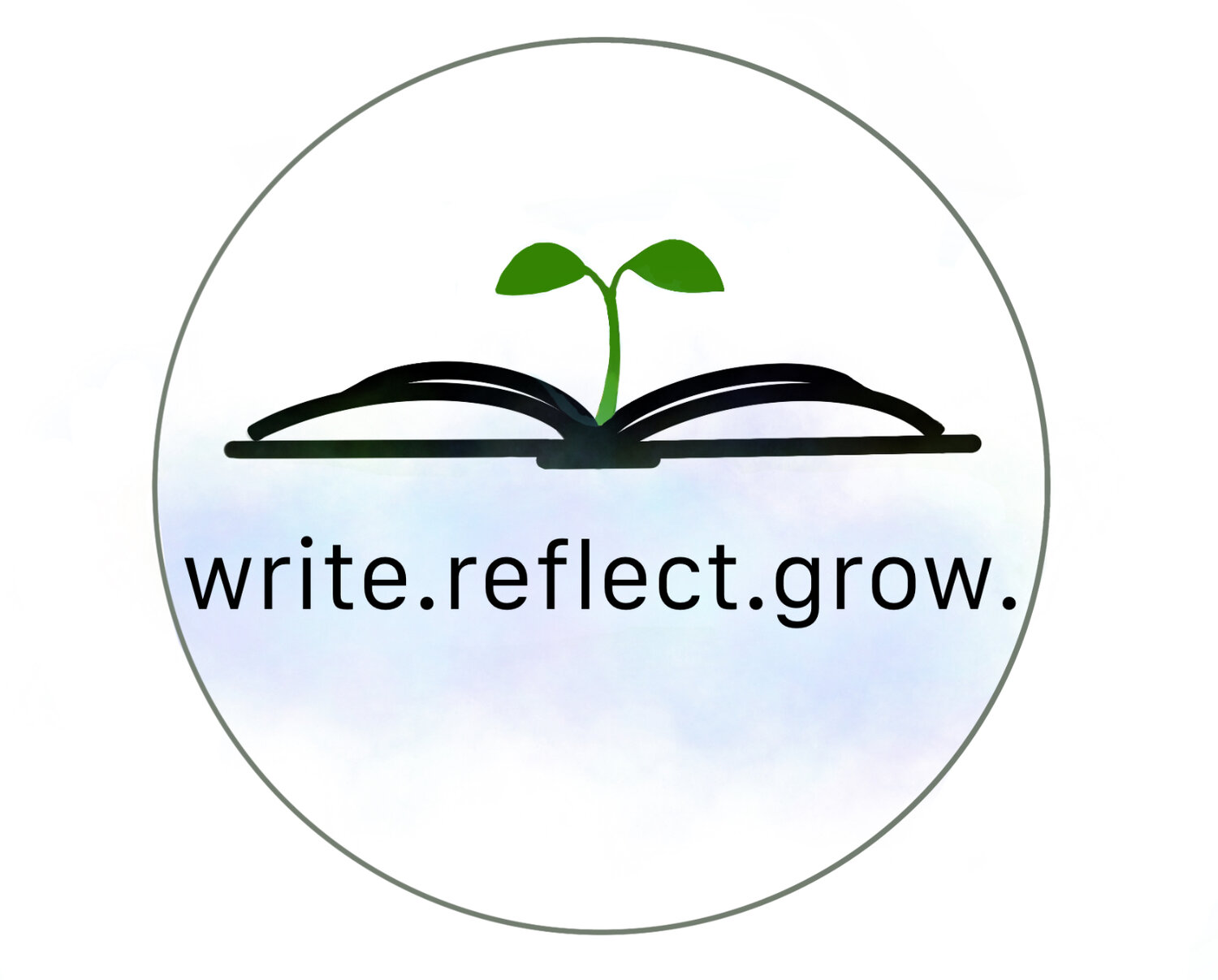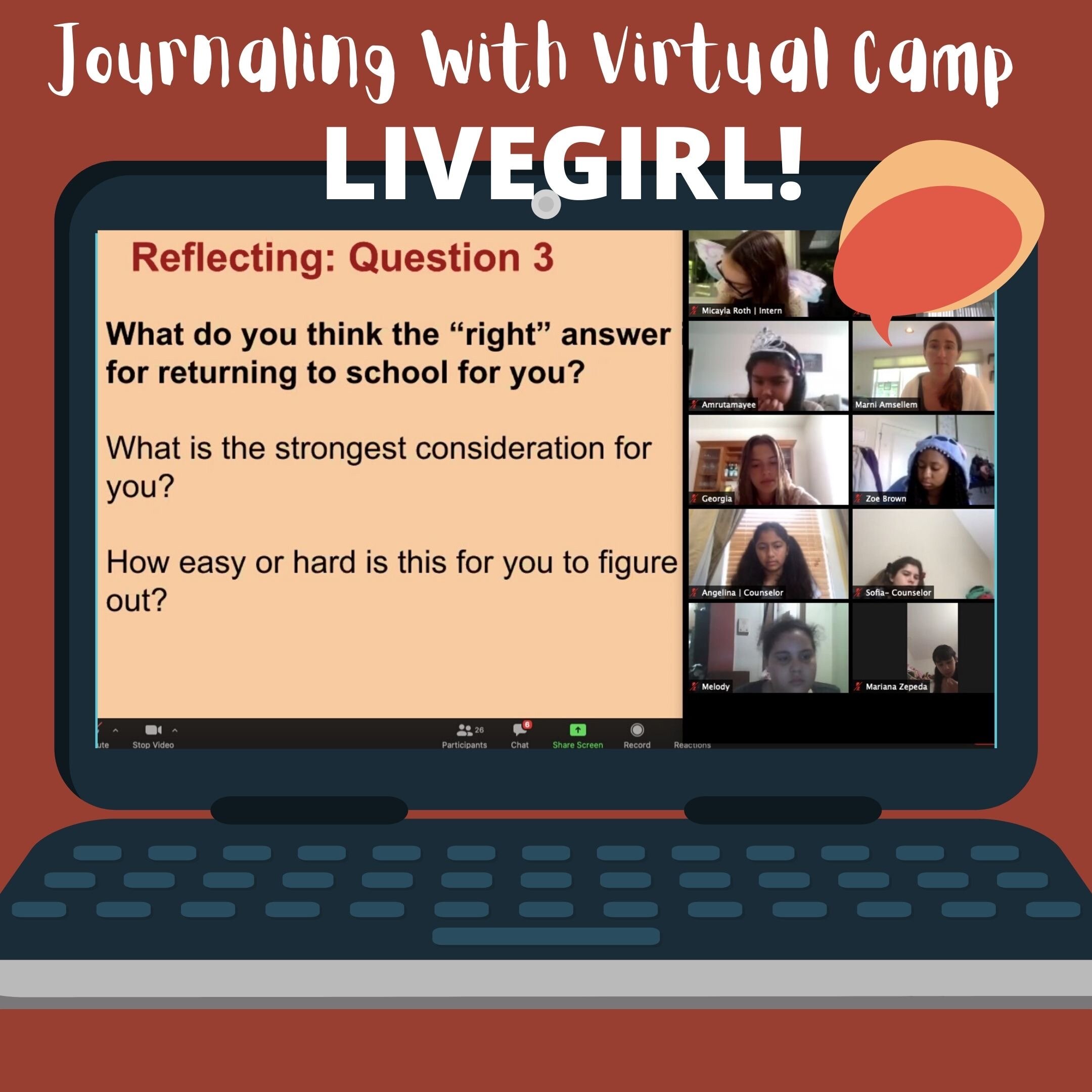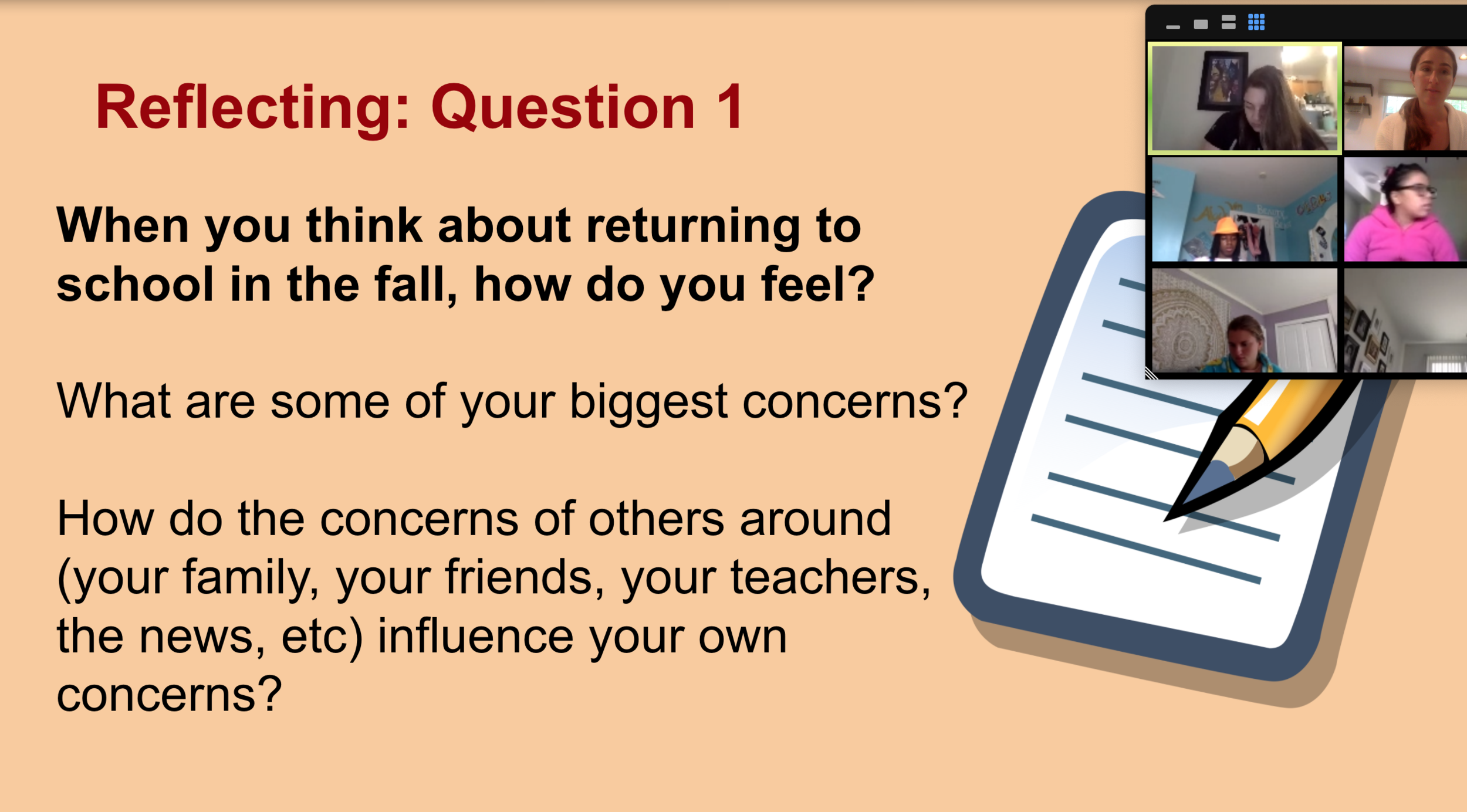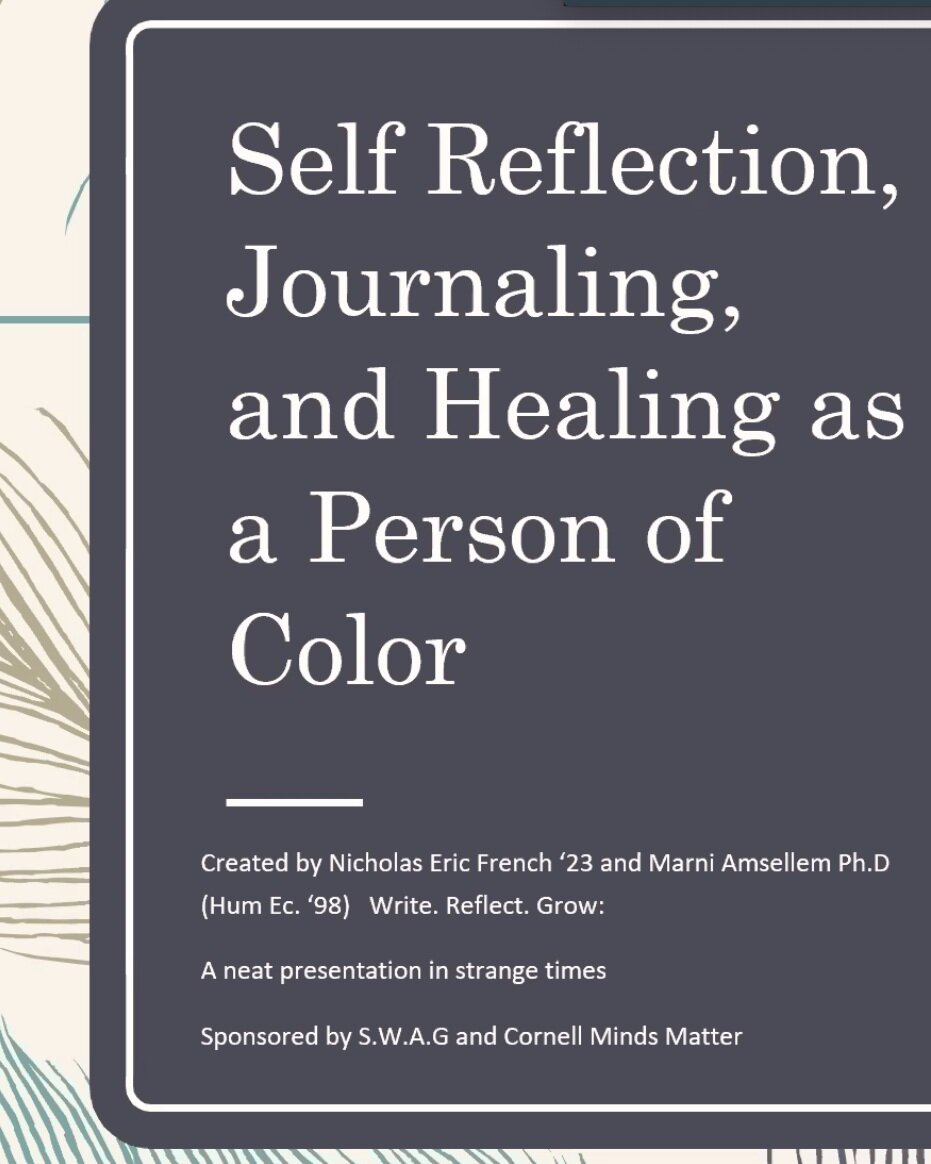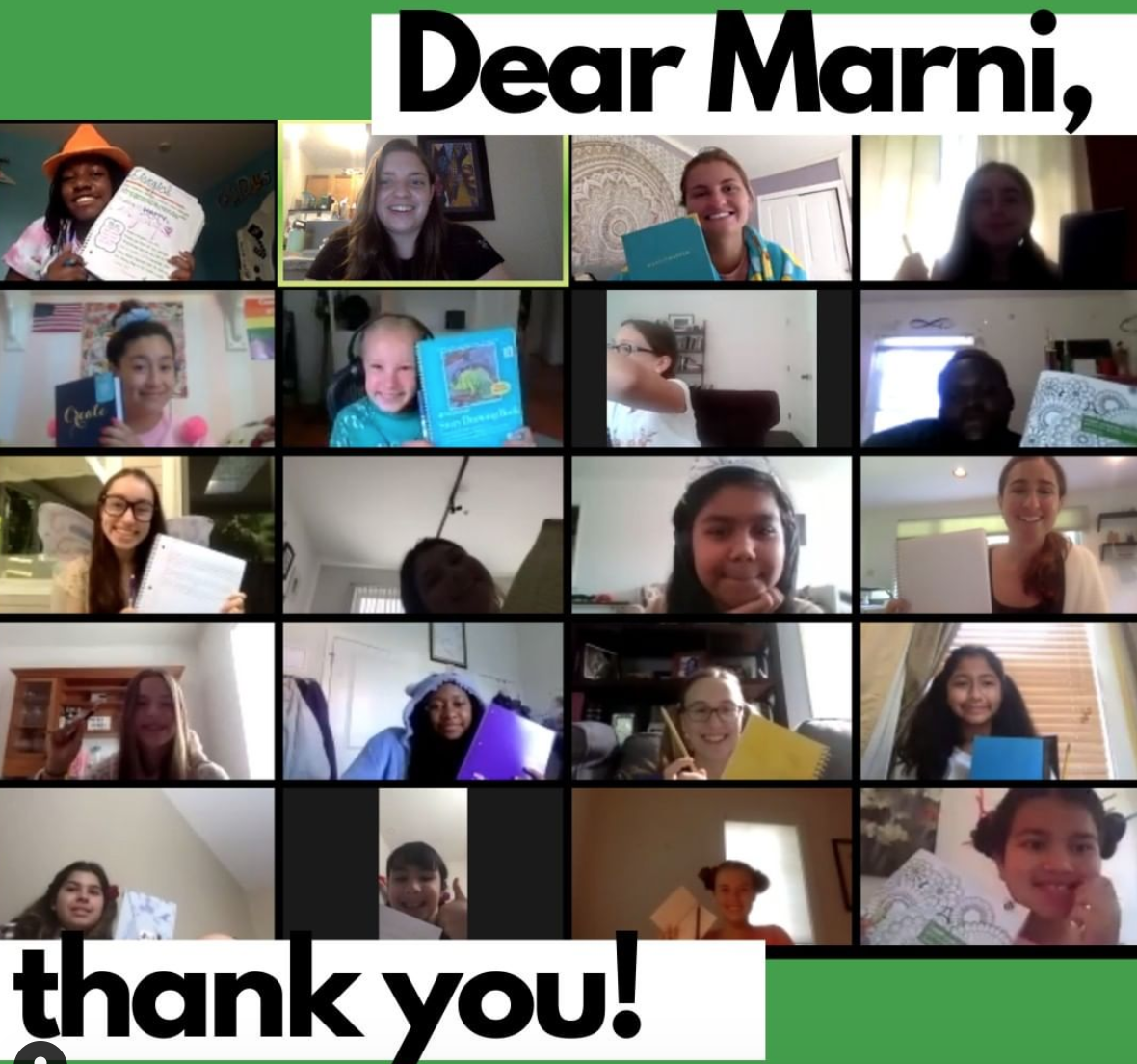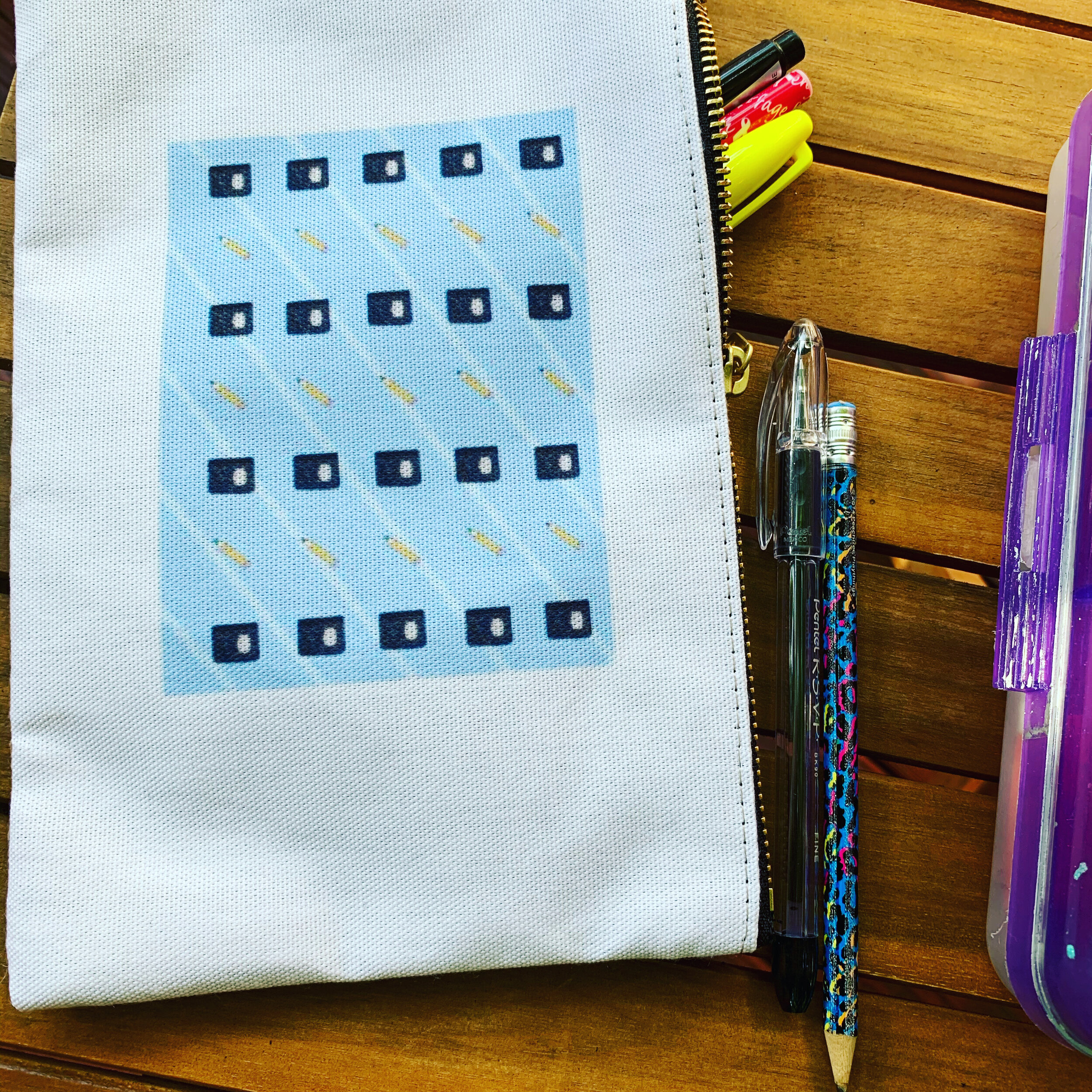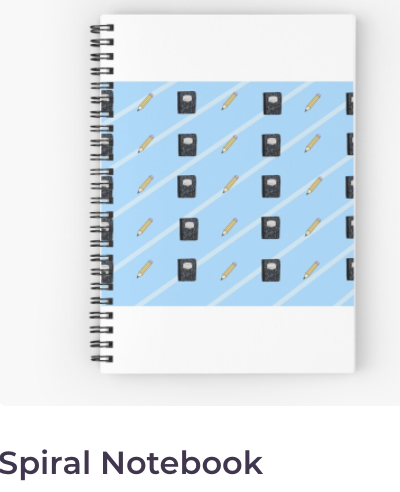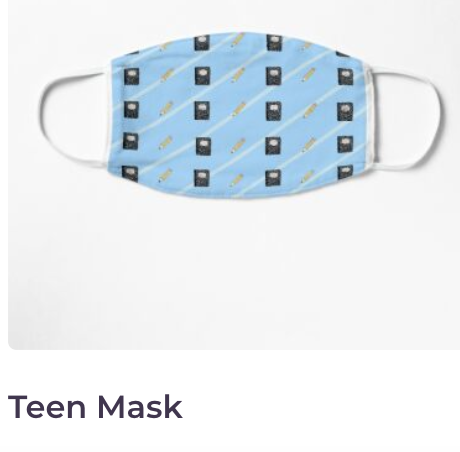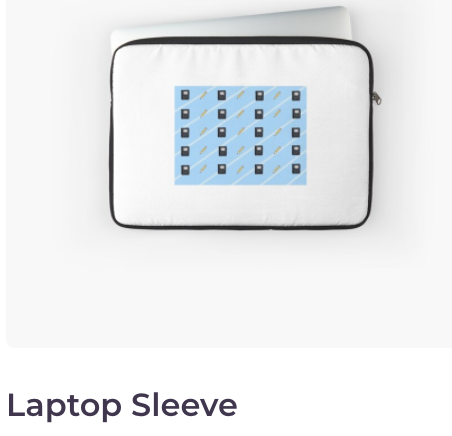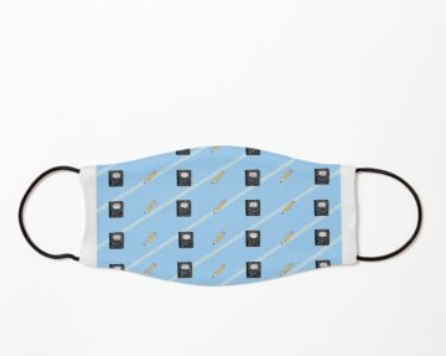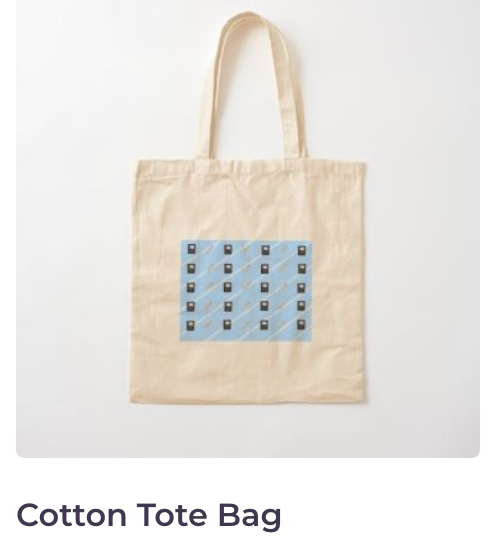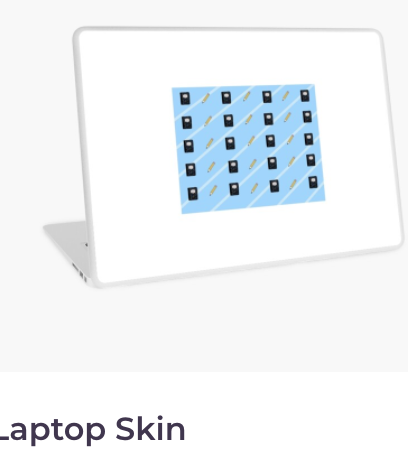A theme in every blog entry is this truth: Writing things down can lead to increased learning, growth, and achievement of goals. This holds true when we create the habit of writing down what we eat.
Keeping track of what you eat means that you’ll have (yet another) thing to do on your list of things to do and means that you’ll need to regularly update this diary. However, those who regularly keep up with this practice notice the many benefits. And research backs this up.
Weight loss benefits of keeping a food diary
A recent study from Duke University using a commercially available, free diet-tracking app found that overweight, non-dieting individuals who recorded what they ate experienced greater weight loss benefits than those who received an educational intervention. Yes, this weight loss can happen even without following a diet. These findings replicate results from previous larger-scale investigations observing weight loss benefits with regular diet tracking.
Other health benefits of keeping a food diary
A food diary may help us uncover hidden or lurking contributors to possible physical, behavioral, or even emotional issues going on that are related to our typical patterns of eating. For example, we may discover hidden food sensitivities, reasons for mysterious bloating, or underlying factors affecting sleep or mood. We can then make modifications to our diet to alleviate the negative symptoms and feel better.
Increased awareness of patterns
Truth be told, midway into writing this blog post (about paying attention to what we eat), it hit me that I had been mindlessly reaching into that bag of M&M’s next to me without even realizing it. I had zero awareness about how many handfuls I had already eaten and I barely even remembered opening the bag. But in that moment while thinking about food journaling, I became aware of what I was doing, and mindfully enjoyed those last few handfuls before deciding to put them away.
Then I decided to write about this experience (which, not surprisingly, changed the behavior).
I find humor in me unintentionally and unknowingly illustrating my own professional advice and observations- the advice that I had shared with the My Fitness Pal blog last week on this topic:
“When we pay attention to what goes in, we are more aware of the decisions we make and our typical eating habits. Tracking what we eat is a way to cultivate this awareness, and it also encourages accountability to ourselves,” explains Marni Amsellem, PhD, a clinical psychologist based in Connecticut and New York.
Goal attainment
Whether the goal of writing down what we eat is to manage weight, to learn more about our diet and how it may link to other aspects of our behavior or health, or another purpose, writing it down can help us get concrete and measurable with our stated goal and it can help us monitor our progress along the way. Having a goal in mind may make it more salient to begin a food diary, but keeping a food diary may spurn new goals once you realize what you’re doing.
considerations for successfully keeping a food journal
Consistency is key.
Writing things down regularly will give you the most accurate account of what is going into your body. Tracking food can become a routine in its own right. In fact, the investigators from the Duke University study argue that regularly tracking food is the critical component for weight loss success.
Let your food diary be your tell-all.
I can choose to not write down the many handfuls of M&M’s that I have just eaten, either because I don’t know how many I ate or I may not want to remember how many I ate or I don’t make the time to record this. However, the fact is, I ate them. If I had been on a goal-directed path related to my diet (e.g. weight management or other health-directed goal), it’s important to pay attention to all food intake. Denial does not negate the impact of food on our diet. Similarly, behavior change happens only after we identify and acknowledge the target behaviors.
You’ll learn many things when you become accountable to yourself.
When you record everything you eat, you’ll start to see things. You’ll start to notice if (and when) you eat mindless handfuls of (insert food of choice). Recording then holds you accountable to yourself and will stare you back in your face.
You may even start to change behaviors. You may think, “Well, I don’t really want to record eating 4 servings of (insert snack of choice) so I will choose a more sensible portion.”
Keeping a journal promotes awareness of everything (e.g. milk in coffee), and helps you figure out which foods are adding surprise sugar or calories to your diet. You’ll soon have a more accurate picture. Having a written record of what you eat, when you eat it, and how much you eat will help you identify consistent patterns as well as other triggers that might be affecting how you feel or could be sabotaging your goals. Having a clearer picture of patterns helps identify where to intervene and make different decisions, perhaps beginning healthier habits.
What might your food journal look like?
Personalization: Once size does not fit all.
One way to help ensure success in maintaining a food diary is to find a technique that works for you. This may mean trying a few techniques and choosing what works best for you and your lifestyle. A popular option is using a food-tracking app (such as MyFitnessPal), writing in a small (think: portable) notebook that you carry with you, or using another type of companion resource, such as a customized bullet journal. A blank notepad may suit your needs. Alternately, there are many food diaries currently available for sale. Your choice may stem from your purpose in keeping a food diary. For example, if you are trying to track calories or other components of nutrition, several apps have built-in calorie counts and ways to track the nutritional balance.
Identify your goals for keeping a food journal.
In writing this blog post, I have (unintentionally) identified the goal of being more mindful of my actions when eating my favorite snacking food. While blogging about M&M’s wasn’t my goal when I sat down to write this article, writing about this article has clarified my purpose for keeping a food journal!
Start when you are ready.
That moment may be when you want to do something differently. It may be the moment when you decide that you want to better understand eating patterns.
Give it a go, when you’re ready, and please do let me know how it goes for you and what you learn!
Marni Amsellem, Ph.D.
Founder, Write. Reflect. Grow.
